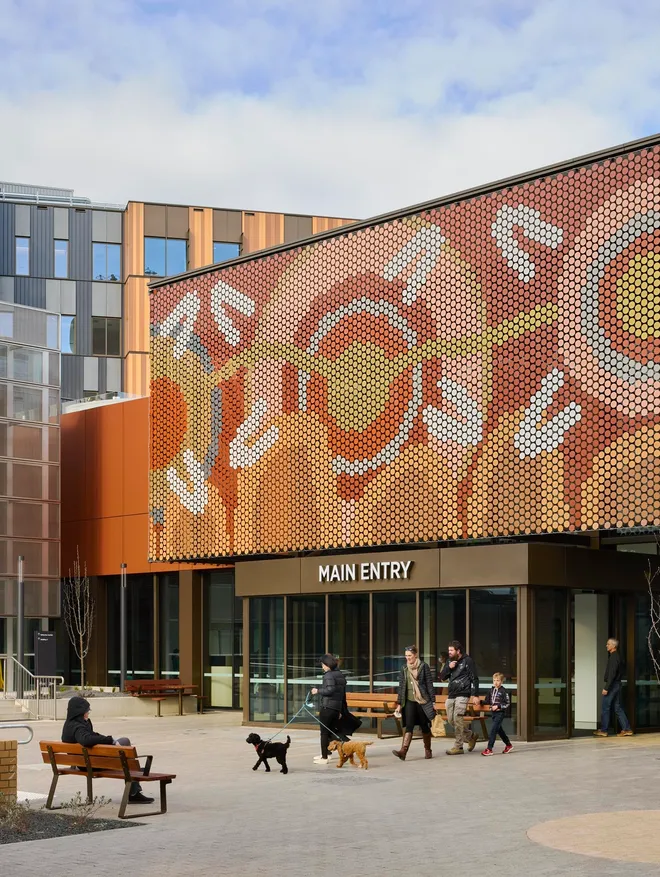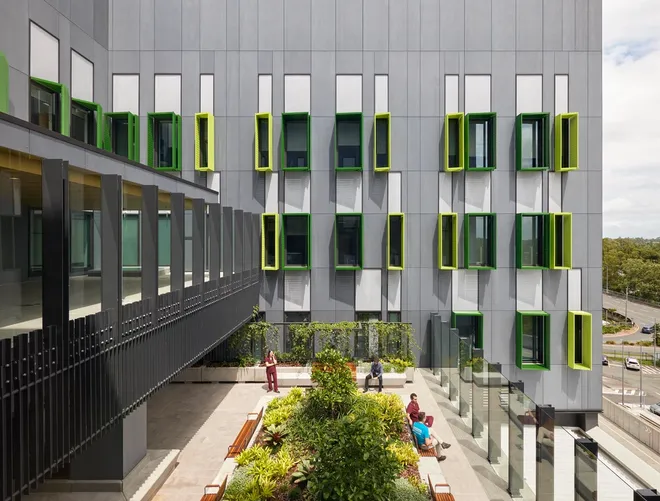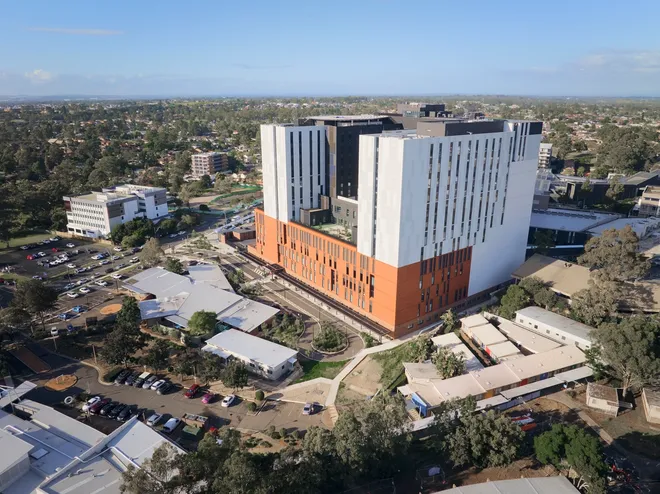BVN Stories — June 17, 2025
Reflections from the 2025 European Healthcare Design Congress
The 2025 European Healthcare Design Congress (EHDC) has once again proven to be a crucial platform for forward-thinking dialogue, global collaboration, and bold ideas about the future of healthcare. As proud long-term partners of the congress, BVN came to the congress this year not just to present, but to participate - to listen, to challenge, and to contribute to shaping a more optimistic narrative for healthcare design.

Too often, particularly in the UK, the story of healthcare is dominated by deficit thinking: what's broken, what’s stretched, what’s under pressure. At BVN, we believe the story can be different, largely because we’ve seen it be different. This year’s EHDC reminded us that the future of healthcare is not a crisis to manage but an opportunity to reimagine, through better design, better partnerships, and better systems thinking.
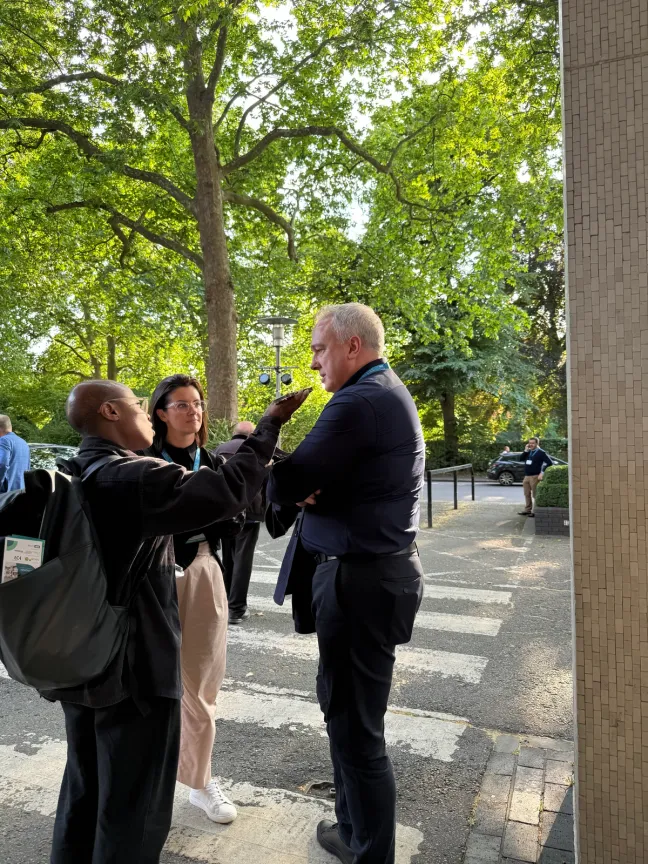
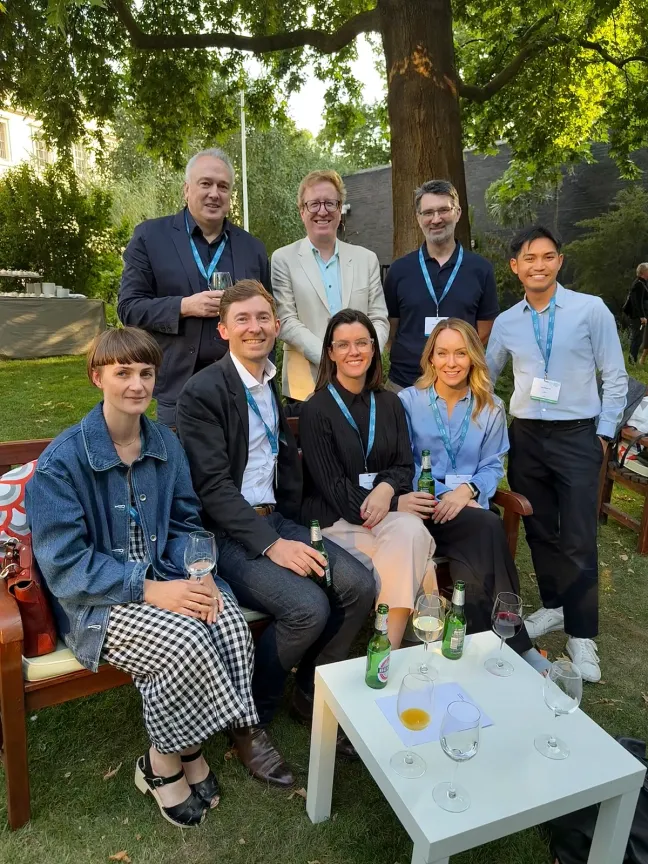
We appreciated seeing global examples of where healthcare design has made a profound difference to the lives of patients and communities, and welcomed the update from the UK government’s New Hospital Programme team.
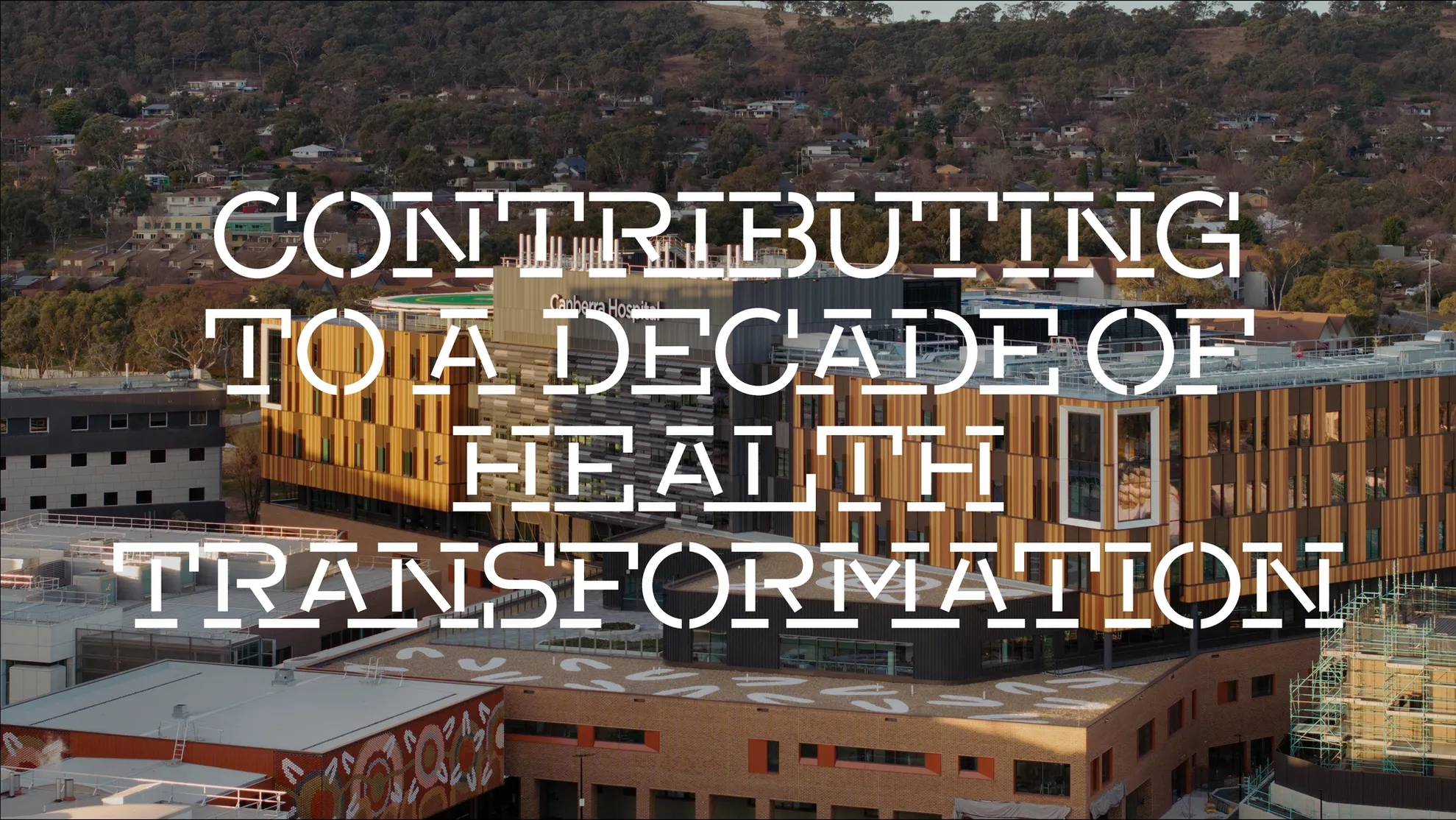
For us, the most exciting conversations didn’t just focus on healthcare facilities though, they centred on the broader idea of whole-life health. As Strategy Director Esme Banks Marr
“Health doesn’t begin or end at the hospital door. We need to think about health in all assets, all industries, all places. A hospital is still a workplace, and the same thinking we apply to the design of schools, offices, and cities must also apply here. It’s all connected.”
This mindset is reshaping how others see our role as designers. Hospitals are essential, but they’re just one part of a much larger ecosystem of wellbeing.
BVN Principal based in the UK, Matthew Blair
“We can always be more outward-looking as an industry. EHDC gives us a platform to learn from other countries and other disciplines. That’s why we continue to partner with this congress. It’s a chance to push the boundaries of our own thinking as well as sharing with our peers how we’ve approached things in our projects overseas”
This global perspective is reflected in our work across Australia, the UK, and Ireland, where we constantly explore how lessons from one context can be meaningfully adapted to another. The congress reinforced the value of these cross-border, cross-sector conversations.
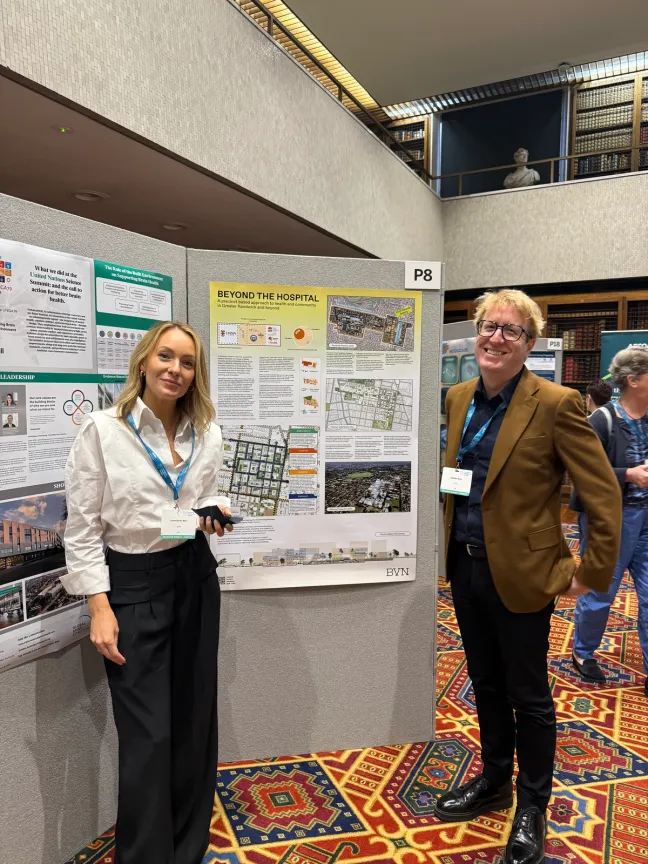
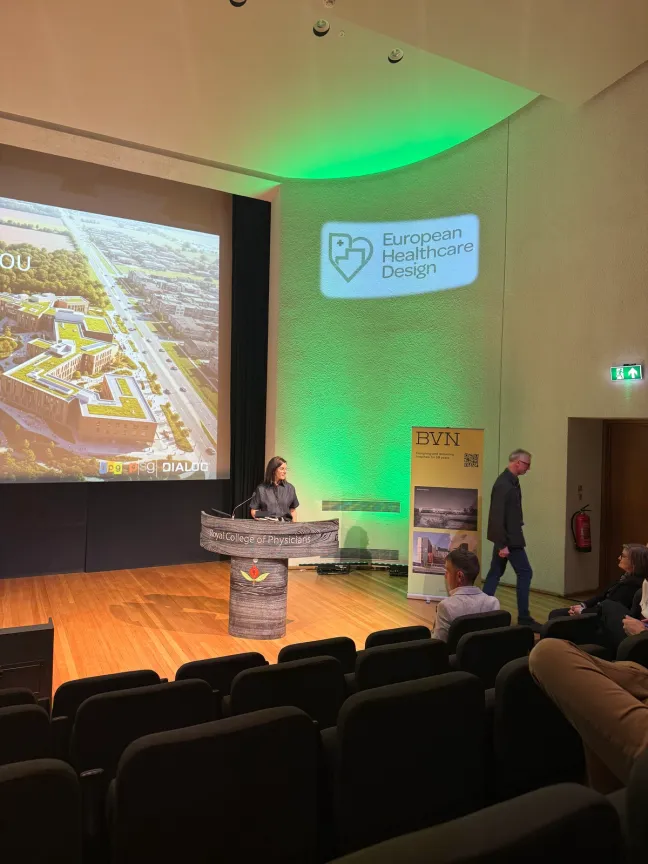
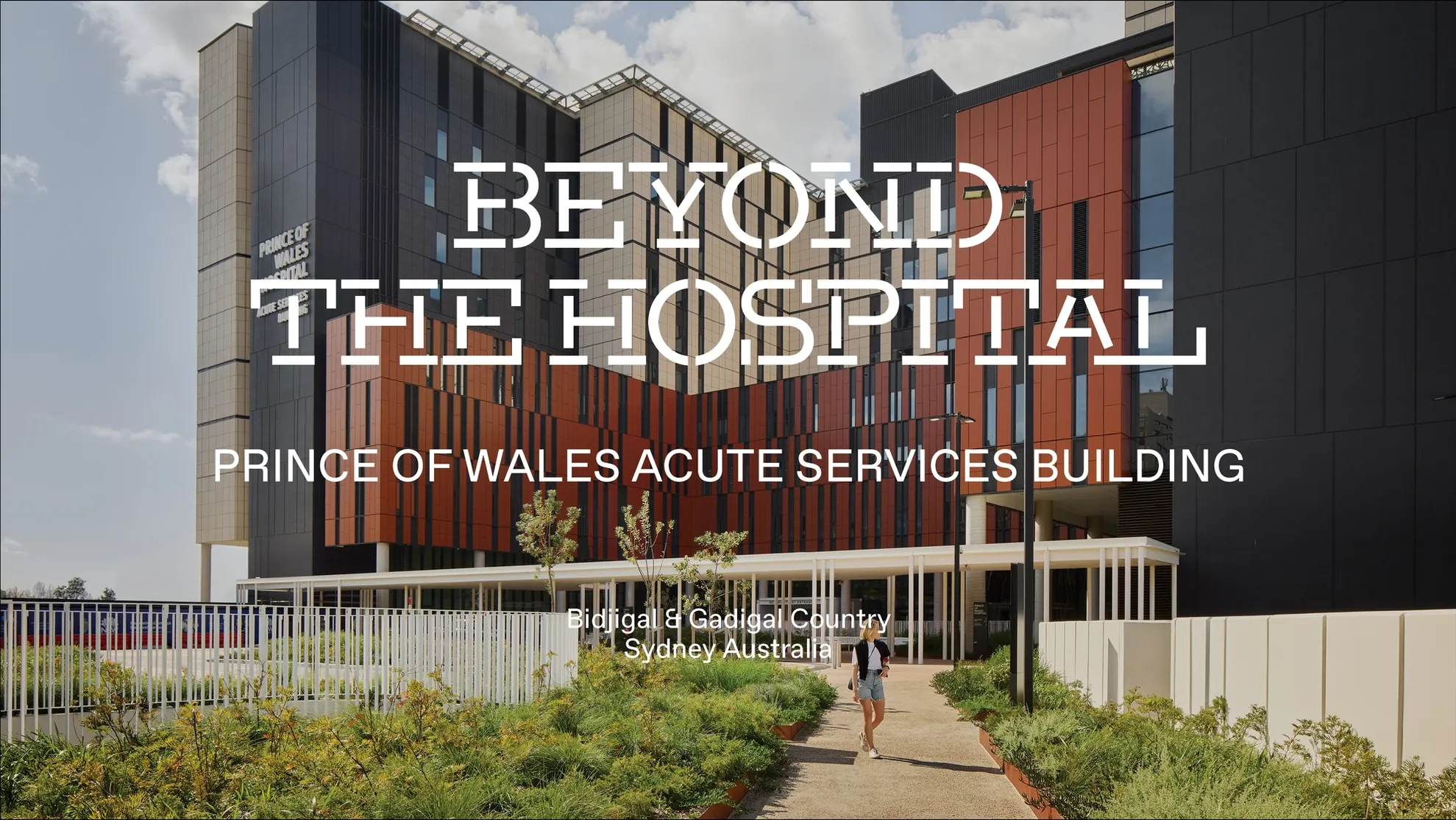
One of the recurring themes throughout the congress was the need for deeper, earlier collaboration, not just between designers and clinicians and clients, but with contractors and delivery partners.
BVN Principal Stephanie Costelloe
“If we want to create more resilient, adaptable healthcare spaces, we need contractors at the table early. It’s about building partnerships, not just buildings. True collaboration can unlock solutions that no one party could achieve alone.”
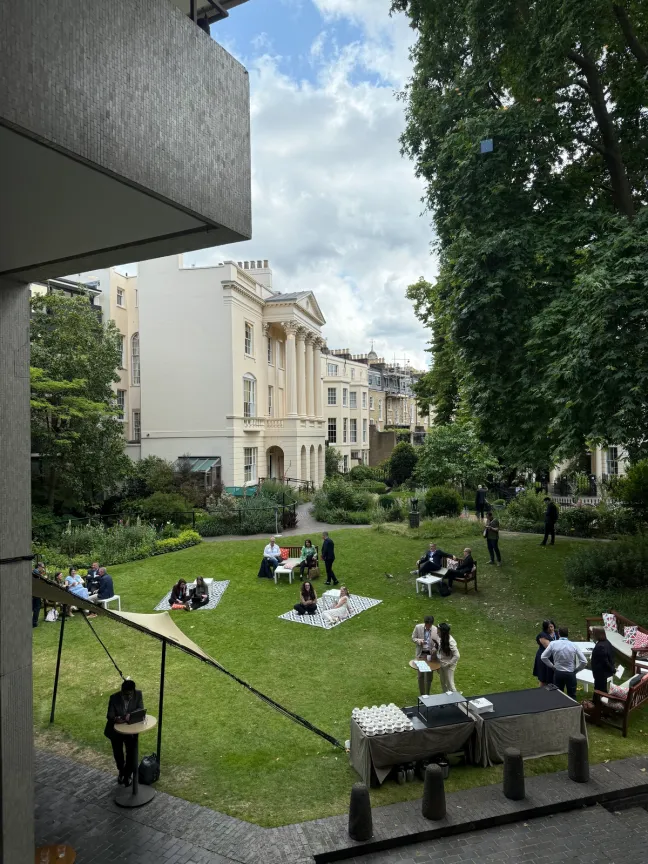
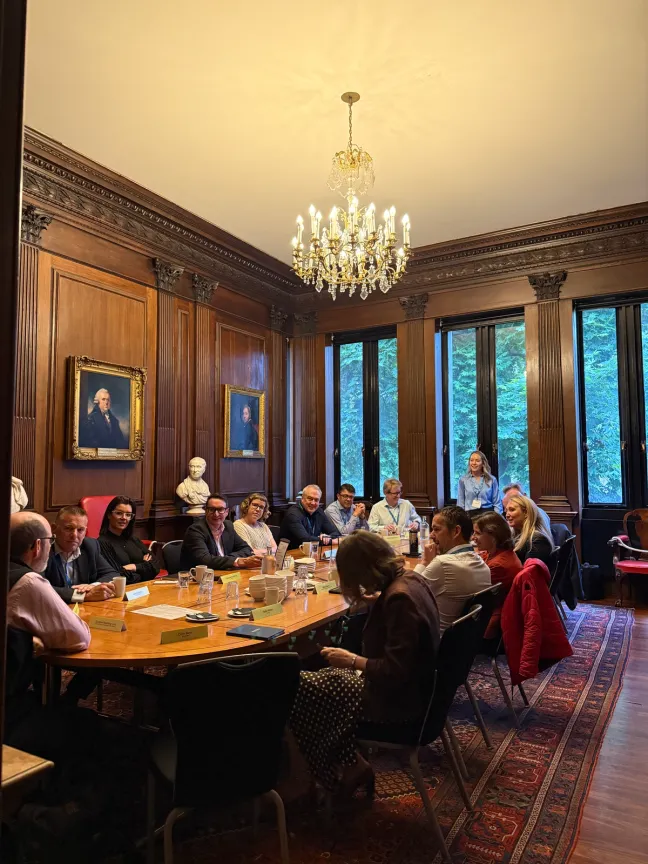
This spirit of partnership underpins our practice, with the ethos of collective creativity at our core, and as such much of our work, where co-design and integrated teams are fundamental to delivering sustainable, people-centred outcomes.
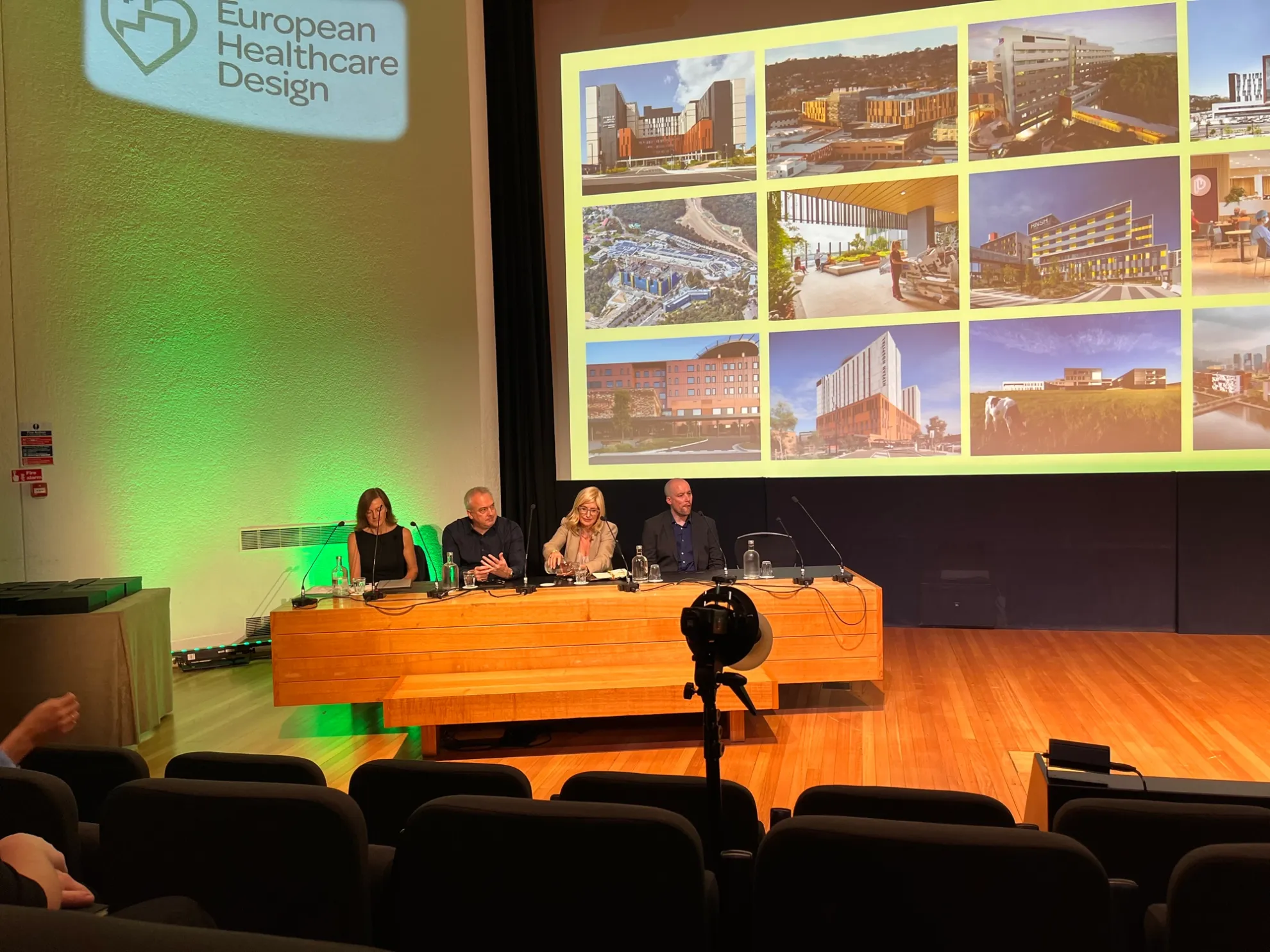
In a time of growing complexity, Neil Logan
“Standardisation isn’t about restricting design. It’s about creating frameworks that allow hospitals to be delivered more effectively and flexibly, especially when health systems are under pressure. Done right, it frees us to focus on what matters: the people who use these spaces every day.”
This balance of rigour and flexibility is something we’ve applied across our Australian healthcare portfolio, developing and working with the Australasian Healthcare Facility Guidelines (AUSHFGs). A topic that was covered extensively in the half day workshop on standardisation post-congress.
EHDC 2025 left us energised about what’s possible. There is enormous opportunity to shift the narrative away from scarcity and silos, towards integrated thinking, shared learning, and the design of environments that truly promote wellbeing for patients, staff, and communities alike.
We’re proud of the contributions we made this year, from our international mainstage panel to our breakfast roundtable discussion – which is now turning into a series of discussions over the coming months, led by our London team, and we’re especially proud to stand alongside peers who are committed to transforming the future of healthcare, not just managing its challenges.





